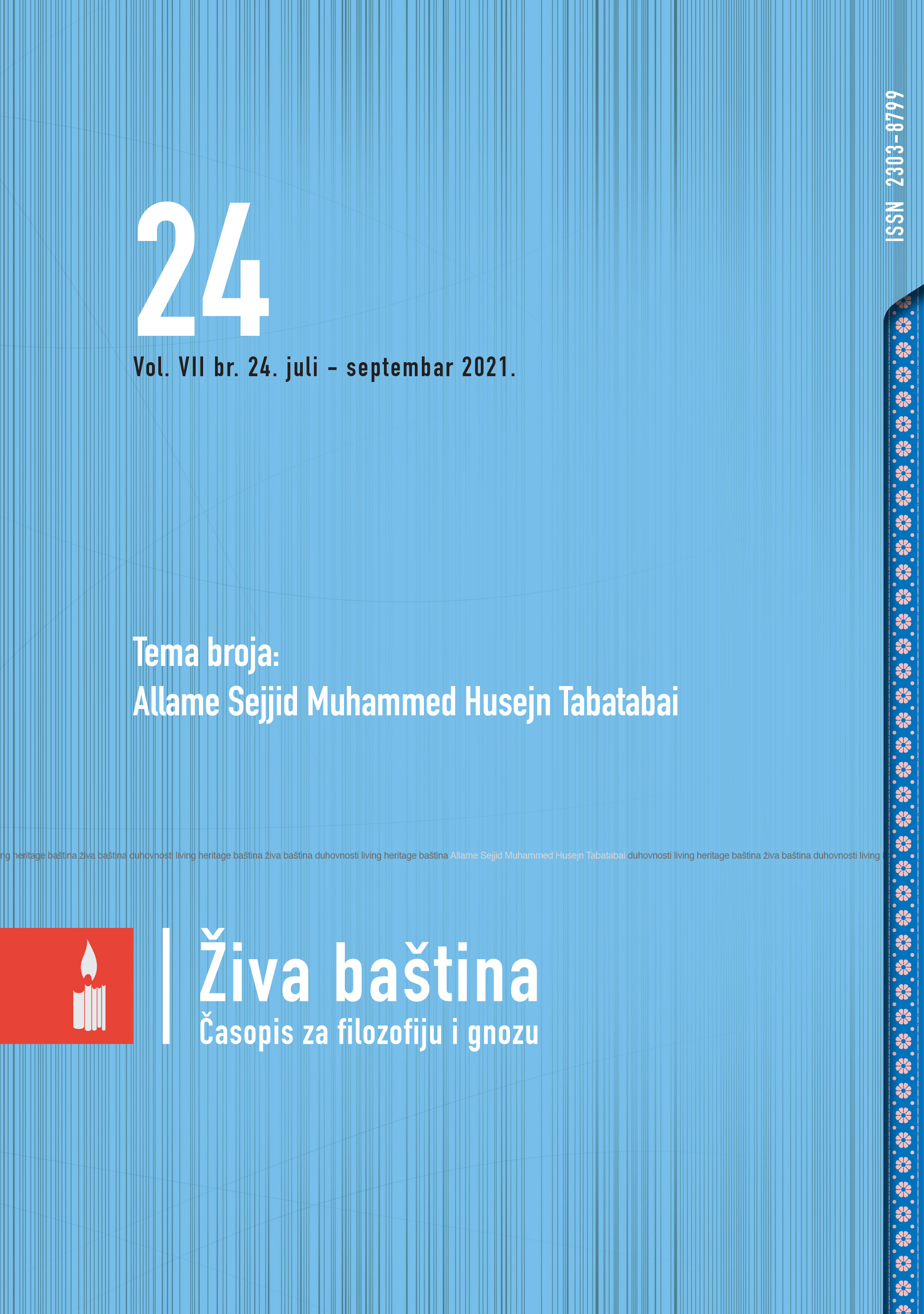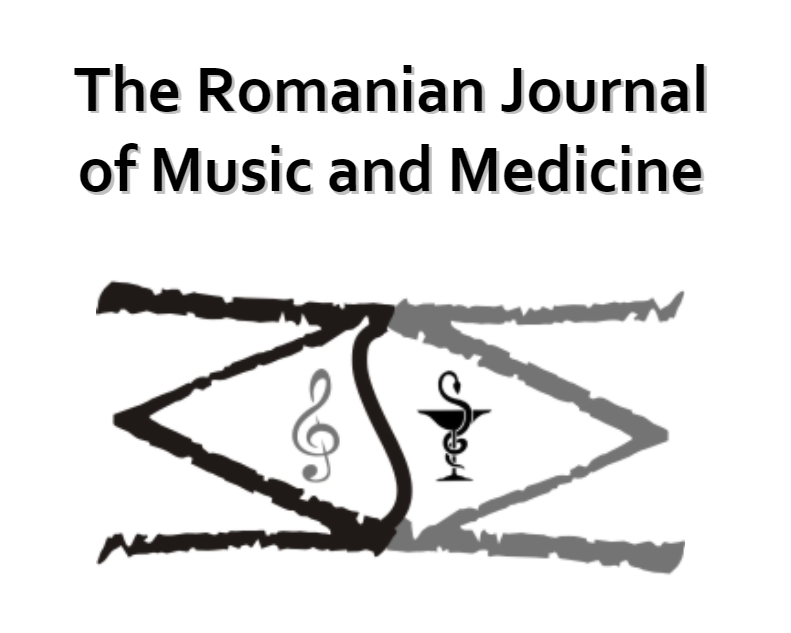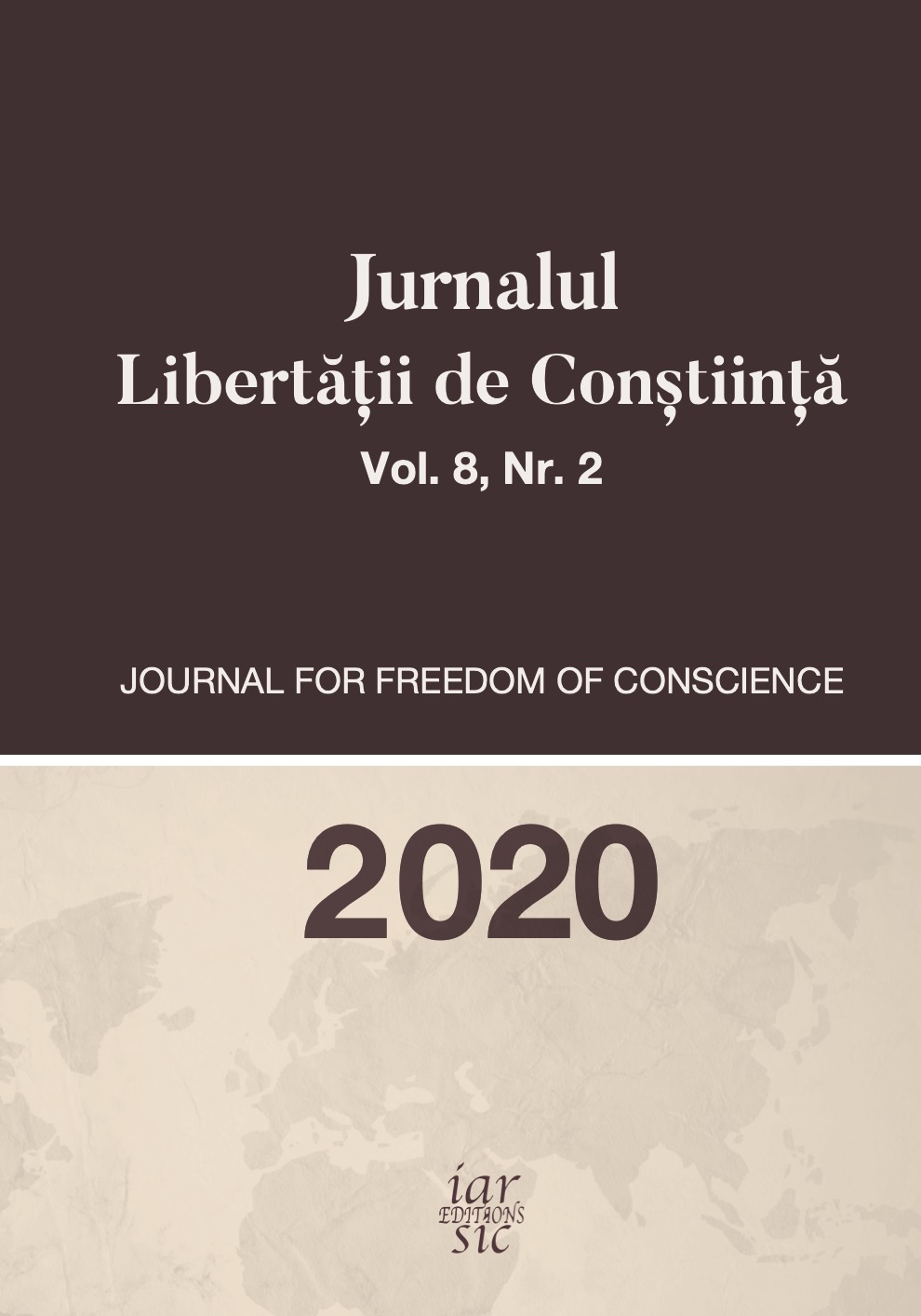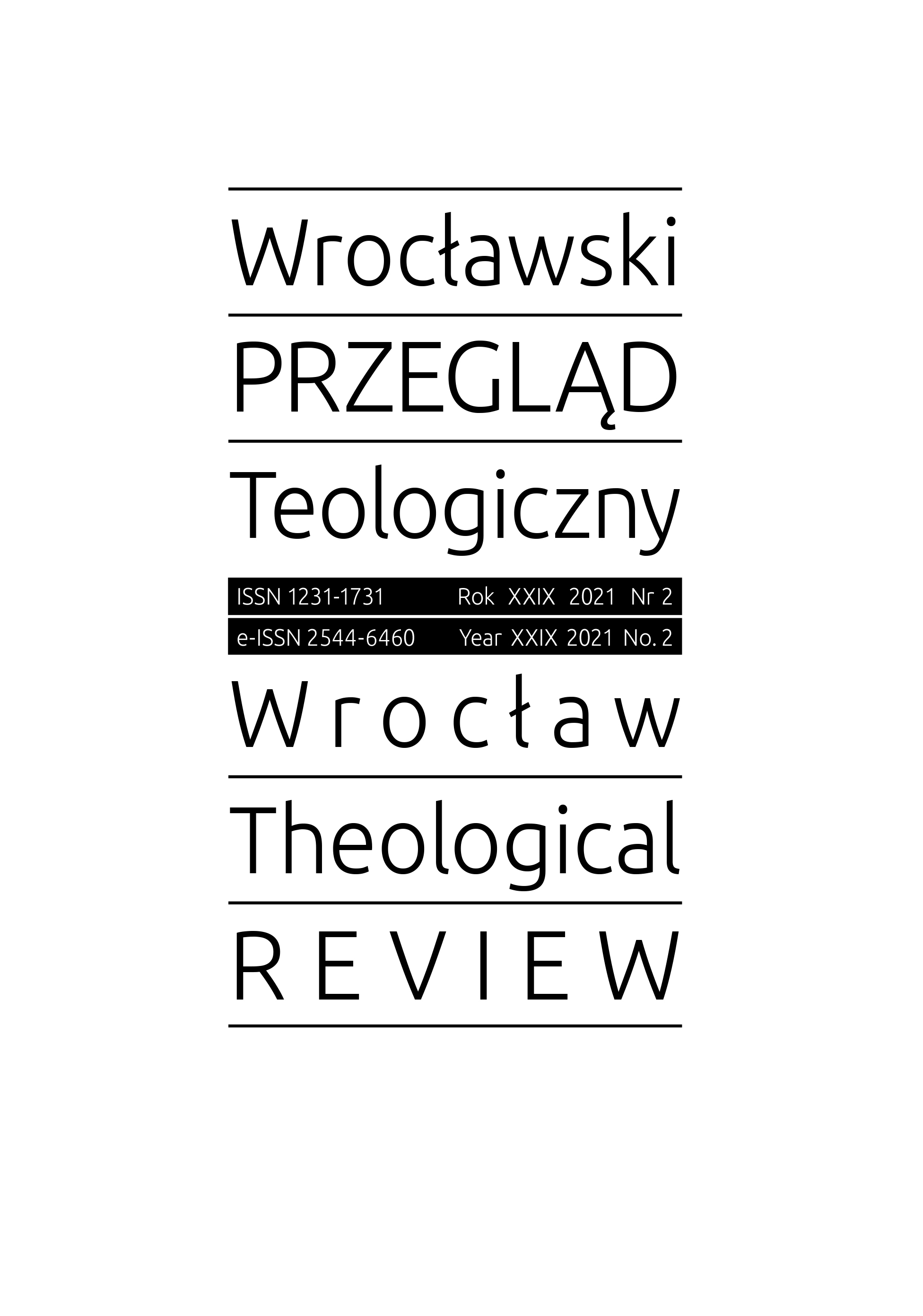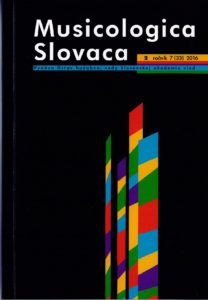
Spevy omšového ordinária v Graduale Cassoviense
The two-volume manuscript Graduale Cassoviense sign. Clmae 172a et 172b, from the early 16th century, is a diocesan missal manuscript which at its time of origin was designed for the everyday Mass liturgy. The liturgico-musical tradition concealed behind the choice of chants, modal digressions, and textual and melodic variants, has its roots in the Central European milieu. A common Central European tradition forms an essential part of the significant elements. To an extent they were familiar also in the Estergom tradition, but investigation of the present sources reveals many which do not occur in Estergom sources. The Košice Gradual contains several melodic variants hitherto not known from other sources. This is manifested particularly in late medieval chants, such as chants from the Ordinary of the Mass. From this standpoint, the gradual examined here is an important example of unique late-medieval chants.
More...
